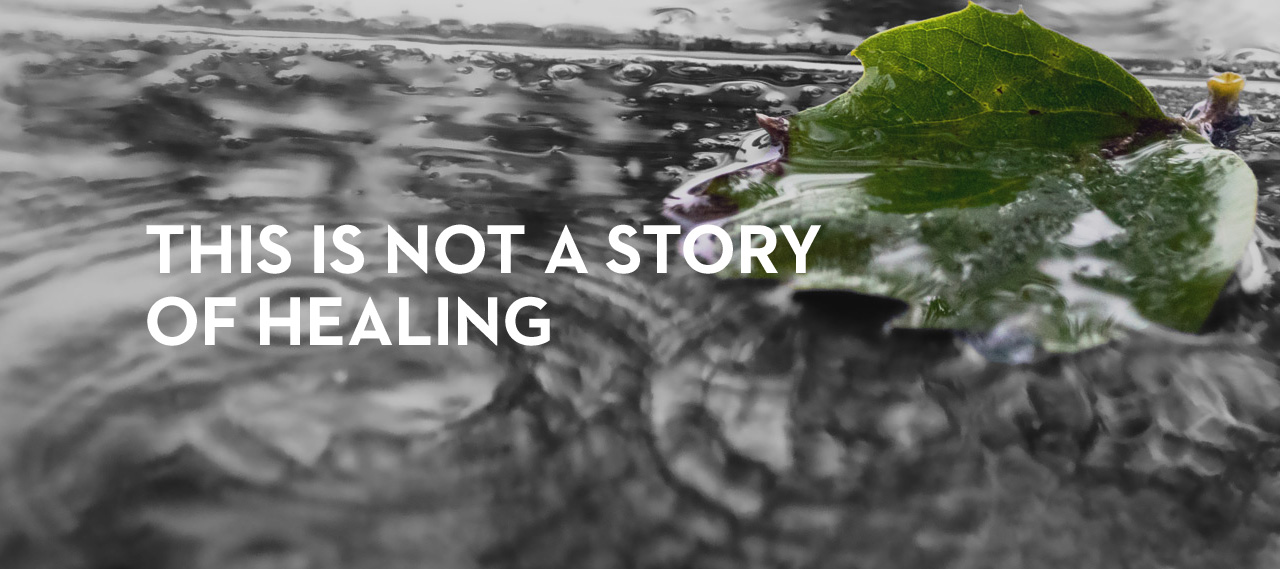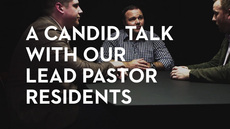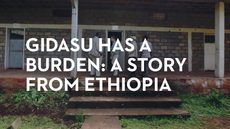In light of Pastor Mark’s sermon on Ephesians 3:1–13 this week, “I Am Afflicted,” one of our deacons at the Ballard church wrote this post about her own experience with suffering.
“I will boast all the more gladly of my weaknesses, so that the power of Christ may rest upon me.” 2 Corinthians 12:9
I have wrestled with a variation of chronic fatigue syndrome and thyroid issues for a few years now. My sufferings have never been very visible, outside of my immediate family. In fact, I worked very hard to make sure they were invisible. I wanted to be seen as an energetic, positive, happy girl who was willing to serve and do whatever needed to be done. I did not want to be identified as broken. But the reality is, I was hobbled; my body just couldn’t do it. Then several months ago, everything got drastically worse. As that realization set in, I simply sat down in it. I hunkered down like a pig in the mud, sinking into this acknowledgment: I am exhausted all the time. I can execute the necessary functions of an acceptable, visible life, but as soon as I get home at night, there is nothing else I can do. And nothing else I want to do. I feel empty and drained of all energy and excitement.
No happy ending (yet)
You might be peeking to the end of the story now to see where the happy ending starts. Let me save you the trouble: it’s not there. This is not a story of healing (at least not yet); this is a story of chronic, low-grade suffering, the kind that steals your joy incrementally rather than one fell swoop. But it’s not a story of only suffering—it’s about suffering and pressing on, of losing hope and fighting to reclaim it, of being deeply frustrated with my circumstances and trusting that God is not absent from them.
But there is hope
Perhaps you can relate. Perhaps you, too, are experiencing the slow, steady drip. Like a hot air balloon with a tiny hole in it, you don’t really notice you’re losing altitude until suddenly you’re only hovering right above the ground. Romans 5 tells us suffering produces endurance, which produces character, which produces hope, and hope does not put us to shame. Shame is particularly interesting for me: I am tempted to give up hope precisely because I feel ashamed by it. But hope—which is faithful expectation, not a dream or a wish—does not shame us.
No honesty in pretending
I don’t share this story to gain your pity. Frankly, I would much prefer no one knew. But there is no honesty in pretending I can handle it all, and there is no hope in that either. While I don’t know (much as I would like to) if my suffering is discipline from the Lord or simply part of living in a fallen world or something else, I have been reminded of 2 Corinthians 12:9: “But he said to me, ‘My grace is sufficient for you, for my power is made perfect in weakness.’ Therefore I will boast all the more gladly of my weaknesses, so that the power of Christ may rest upon me.”
Fighting for hope
This is true! His grace is sufficient! Even when I don’t think I can get out of bed. Even when it takes me longer to accomplish simple tasks. There is a daily battle to keep my eyes open, yes, but the bigger battle is fighting for the hope that his grace is sufficient for me. Today I am no less tired than I was yesterday, or the day before, or the week before, but I am slowly learning to focus less on how my body feels and more on who Christ is.
And as I do, hope looms larger.
“My flesh also will dwell in hope.” Acts 2:26















